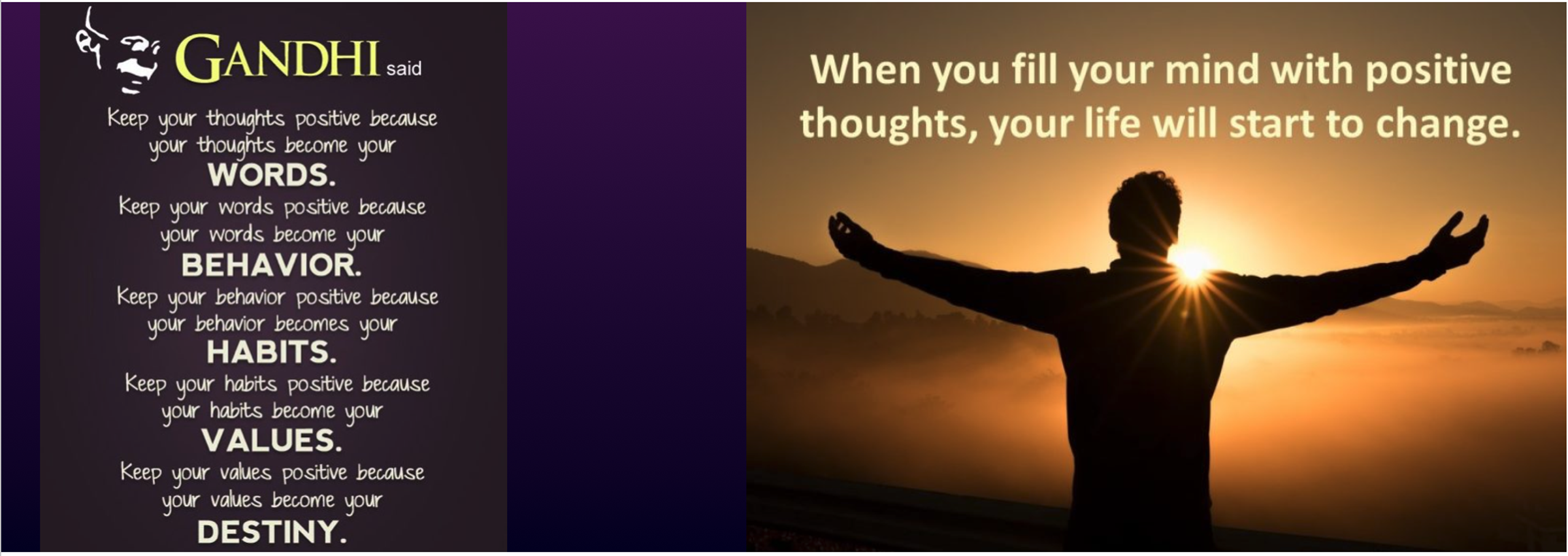Just A Thought:

Finding Calm Amidst Crisis
Former U.S. President Barack Obama on cultivating composure and focus.
"I’ve often been asked about this personality trait—my ability to maintain composure in the middle of crisis. Sometimes, I’ll say that it’s just a matter of temperament or a consequence of being raised in Hawaii since it’s hard to get stressed when it’s eighty degrees and sunny, and you’re five minutes from the beach. If I’m talking to a group of young people, I’ll describe how, over time, I’ve trained myself to take the long view, about how important it is to stay focused on your goals rather than getting hung up on the daily ups and downs.”
“A positive mindset won't carry you to victory, but a negative one guarantees defeat.”
The truth shrinks as the crowd grows.
In a large meeting at work, people hold back their honest opinions. The resulting conversation offends the fewest people but is often not the truth.
Smaller groups are more likely to find truth than larger ones.
Every creation is a mirror, reflecting something of its creator. If you and I were to paint the same subject, your painting would reflect some of you, and mine would reflect some of me. If we both write stories, each one will carry something of ourselves—our personality, our experiences.
The writer is in the writing. The artist is in the art. The musician is in the music.
Take writing as an example. If we're writing authentically, we can't help but share a bit of ourselves in our work. Our past experiences affect what we notice. Our timidity or confidence is reflected in the tone and style—our education in the choice of words. Our kindness and patience, or cynicism and frustration, is revealed to the reader. And the choice of what you write or paint reflects you.
Not if we're trying too hard, not if we're writing to sound like a writer or if we're adopting a "literary" style because we think that's how it should be done, and not if we focus more on pleasing a search engine or ticking off marketing goals than connecting with readers. But if we write honestly and directly, the writer shows through.
This phrasing hit me while reading Brenda Ueland's book If You Want to Write. She calls the writer the Third Dimension. I believe she means that when you read a book, there are the characters, the reader, and also, inescapably, the writer's personality. She writes that readers can tell when writing isn't authentic, when it's not really you, but instead, a performance to meet someone else's expectations of how one should write—or perhaps a creation of an AI's sycophantic personality.
The presence of the writer in the writing, or the artist in the art, leads Ueland to say, "…I have come to think the only way to become a better writer is to become a better person."
I believe this principle also holds true across other creative disciplines, though I thought "the cook is in the cooking" didn't quite have the same ring. Still, it holds a ring of truth if I consider a musician and their music, an entrepreneur and their business, a podcaster and their podcast and others.
